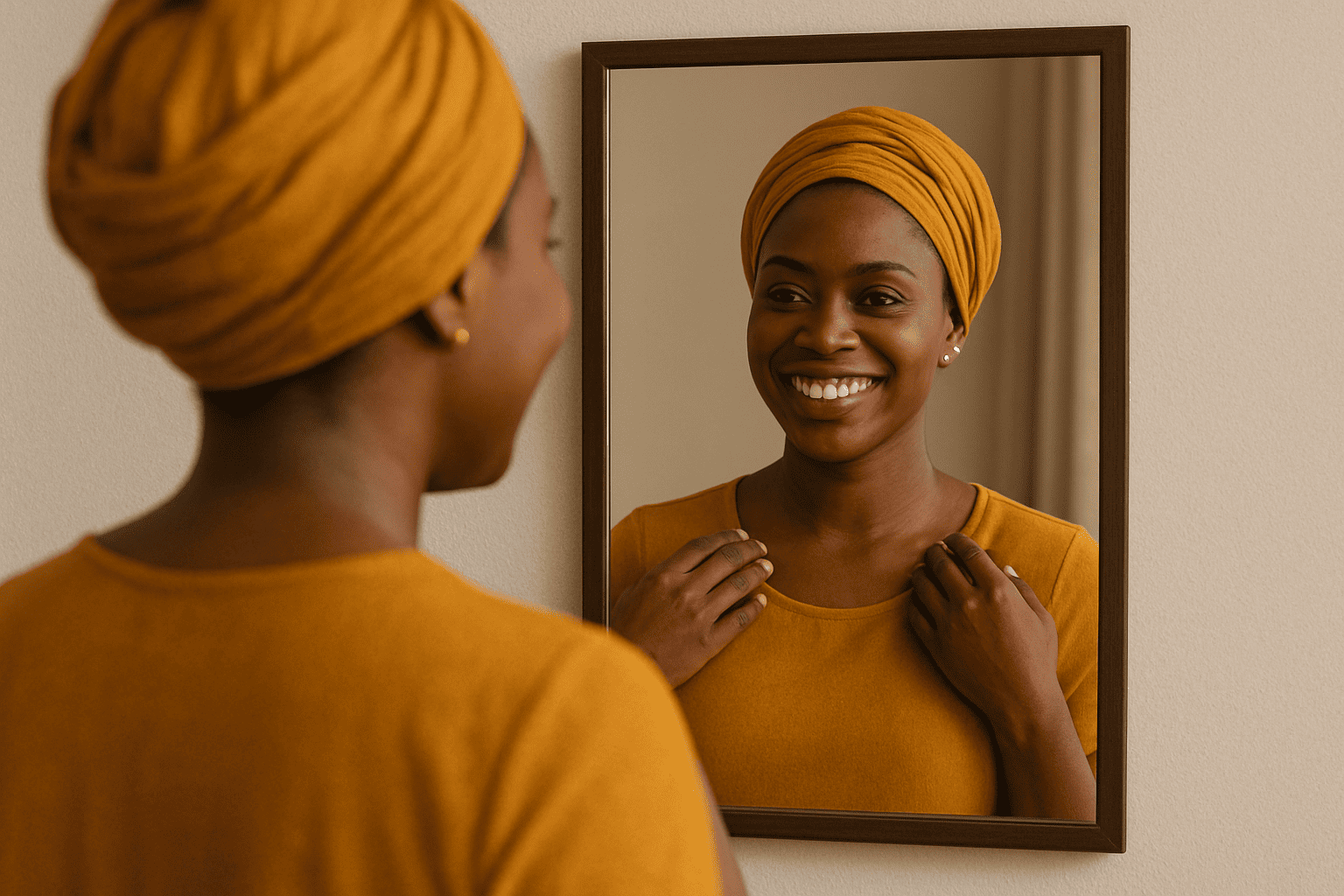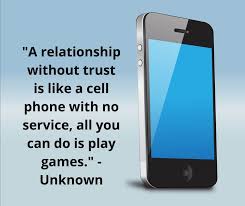How Economic Pressures and Changing Expectations Are Reshaping Marriage in a Traditionally Conservative Society

It used to be said that in Nigeria, marriages were “till death do us part.” Divorce was whispered about, frowned upon, and often hidden behind closed doors. For decades, cultural norms and religious beliefs served as guardrails, keeping couples together even when happiness and peace had long departed from the union. But today, something is shifting.
According to recent data, Nigeria’s divorce rate rose to 2.9% in 2023 — a number that might look small at first glance, but in a country of over 200 million people, it tells a bigger story. Behind each percentage point lies countless families, children, and individuals navigating heartbreak, resilience, and new beginnings.
Why the Rise?
1. Economic StrainNigeria’s unstable economy has placed heavy burdens on marriages. Rising inflation, unemployment, and the daily struggle to make ends meet often spark tension at home. Arguments about money — rent, school fees, even food — are now one of the leading causes of marital breakdowns.
A young couple in Lagos may have dreamt of raising children in comfort, but with salaries barely covering basics, frustration grows. In many households, what begins as minor disagreements over finances gradually escalates into resentment, blame, and eventually, separation.
2. Evolving ExpectationsToday’s Nigerian couples want more from marriage than just companionship or children. Many now seek emotional support, partnership, and shared goals. Women, in particular, are less willing to endure loveless or abusive marriages just to “save face” in society. Social media has also created new comparisons — couples are now exposed to global narratives of love, intimacy, and equality. For better or worse, these evolving expectations have raised the bar for what Nigerians consider a “successful” marriage.
3. Cultural Shifts and Religion’s Changing GripTraditionally, divorce was seen as taboo — a shameful failure not just for the couple, but for their families. Churches and mosques often preached perseverance in marriage above all else. But as more people witness toxic unions, domestic violence, or abandonment, attitudes are shifting. While religion still plays a powerful role, the modern Nigerian is increasingly choosing personal peace over societal approval. In urban areas especially, divorce is no longer an unthinkable word; it’s becoming part of everyday conversations.
The Human Cost Behind the Numbers
For every divorce statistic, there’s a story: a mother leaving a violent marriage in Port Harcourt, a young professional in Abuja walking away from constant neglect, or a couple in Kano who simply grew apart. These are not just “failed marriages” — they are also acts of courage, survival, and sometimes, renewal.
But the impact runs deep. Children often struggle with the absence of one parent, extended families get caught in disputes, and communities wrestle with changing norms. Divorce is never just about two people — it ripples through society.
Lessons and ReflectionsMarriage Needs More Than Love – Emotional connection is crucial, but stability, financial planning, and shared values matter too.
Communication Is Key – Many couples avoid hard conversations about money, intimacy, and expectations until it’s too late.
Counseling Shouldn’t Be a Last Resort – Therapy and premarital counseling remain underused in Nigeria, yet they can help couples navigate challenges before they reach breaking point.
Cultural Empathy Is Needed – Divorce may be on the rise, but that doesn’t mean marriage is dying. It means people are redefining what healthy partnership looks like in today’s Nigeria.
Looking Ahead
The 2.9% divorce rate in 2023 is not just a statistic — it’s a mirror. It reflects Nigeria’s struggle between tradition and modernity, survival and self-fulfillment, obligation and personal peace.
Marriage will always be a cornerstone of Nigerian society, but perhaps it’s time we viewed divorce not only as an end, but also as a chance for healing and new beginnings. Because ultimately, a society that prioritizes healthy relationships — whether in marriage or outside it — is stronger for everyone.
📌 Read more cultural insights and relationship stories at 9jaruns Blog · · Written by 9jarunsAdminWas this post helpful?
Comments (0)
No comments yet. Be the first to comment!
Leave a Comment
You Might Also Like

Best Love Advise That Lasts: Building From Within
Why Self-Love, Friendship, and Respect Are the Cornerstones of Real Relationship...

Beyond Lust: Healthy Ways African Men Can Nurture Passion, I...
Building Stronger Bonds Through Love, Understanding, and Emotional Connection

About 9jaruns Dating App/Website
Let's Hook You Up

A Relationship Without Trust Is Like a Cell Phone With No Se...
"A relationship without trust is like a cell phone with no service— all you can...

Is the Honeymoon Phase a Myth? Understanding Love’s Most Rom...
The honeymoon phase might be ruining your relationship. Surprising research reve...